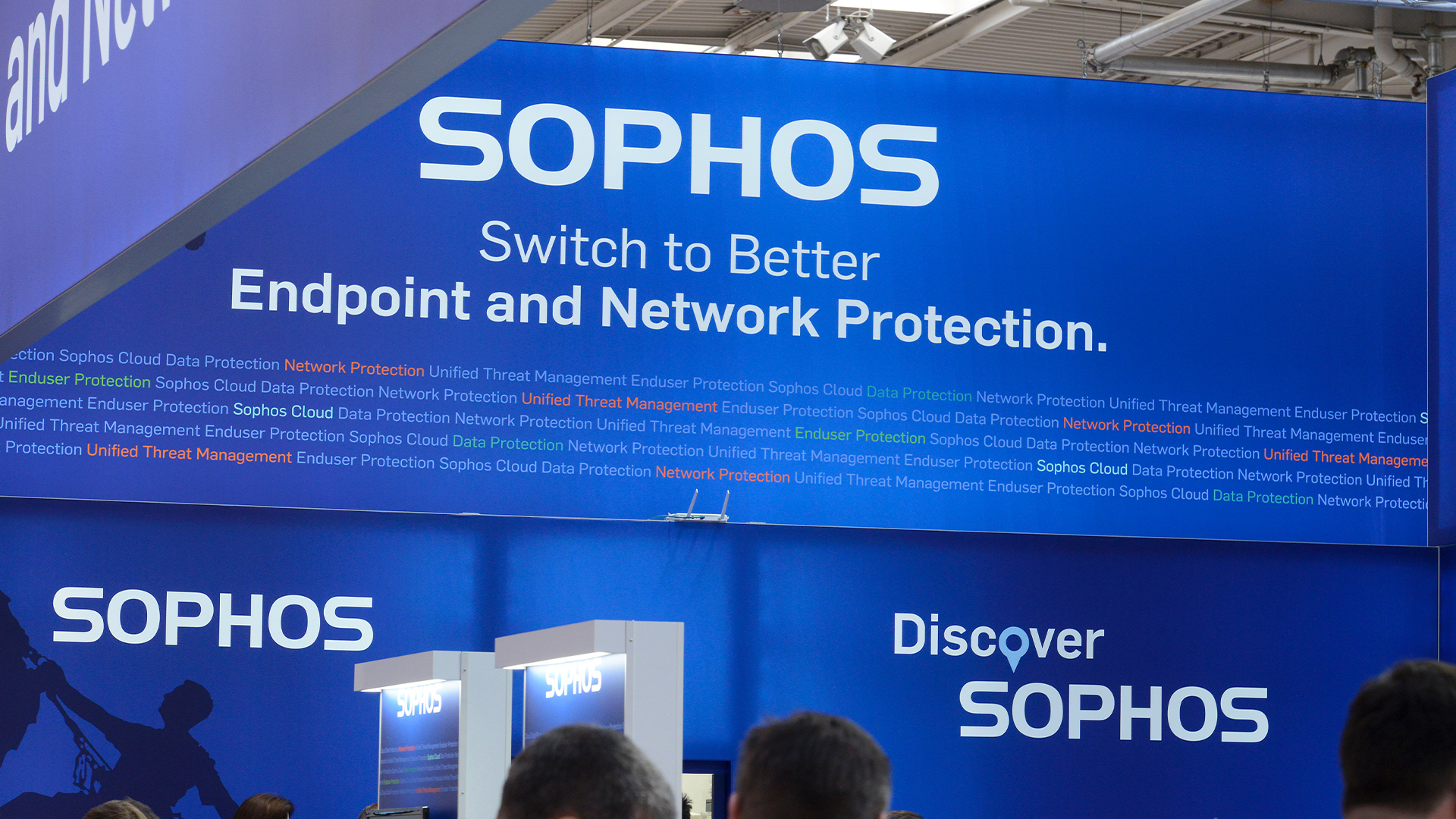Companies need real-time ‘zero day’ detection
Security vendors are looking at real-time security, saying many businesses will need this type of protection as more is done on the web.

Traditional signature-based systems are struggling with tackling the threat of web 2.0 attacks, and real-time detection is what companies will need for adequate protection in the future.
So claims Bruce Green, international president of M86 Security, speaking to IT PRO as his company announced the purchase of Finjan, which specialises in enterprise web gateway technology.
He said that businesses are extensively using the web for their operations, leaving them open to sophisticated web-based attacks.
These would often take the form of zero-day attacks' - threats that attempt to exploit unknown computer vulnerabilities.
"A lot of the malware is coming through the web. There's a lot of protection for mail, but we're seeing a lot of blended' threats come in," Green said.
"This is where a fairly innocuous email comes in down in through your mail filters, links to a legitimate site, which has a drive-by infection," he added. "The traditional signature based systems have taken a while to catch up with it," he said. "What we're looking for is how to get more zero-day and real-time."
According to Sophos security analyst Graham Cluley, real-time security technology can detect whether programs are running suspiciously.
Sign up today and you will receive a free copy of our Future Focus 2025 report - the leading guidance on AI, cybersecurity and other IT challenges as per 700+ senior executives
For example, real-time security systems could tell if software was being actively hacked.
"It's an additional level of protection beyond known malware protection. It will say this program is suspicious, and we'll give you the option to quarantine it right there and then, before it can do any damage," Cluley said.
-
 Ransomware victims are getting better at haggling with hackers
Ransomware victims are getting better at haggling with hackersNews While nearly half of companies paid a ransom to get their data back last year, victims are taking an increasingly hard line with hackers to strike fair deals.
-
 96% of SMBs are missing critical cybersecurity skills – here's why
96% of SMBs are missing critical cybersecurity skills – here's whyNews The skills shortage hits SMBs worse as they often suffer from a lack of budget and resources
-
 Sophos Firewall Virtual review: Affordable network protection for those that like it virtualized
Sophos Firewall Virtual review: Affordable network protection for those that like it virtualizedReviews Extreme network security that's cheaper than a hardware appliance and just as easy to deploy
-
 MSPs are struggling with cyber security skills shortages
MSPs are struggling with cyber security skills shortagesNews A shortage of tools and difficulties keeping pace with solutions were also ranked as key issues for MSPs
-
 Nearly 70 software vendors sign up to CISA’s cyber resilience program
Nearly 70 software vendors sign up to CISA’s cyber resilience programNews Major software manufacturers pledge to a voluntary framework aimed at boosting cyber resilience of customers across the US
-
 Sophos and Tenable team up to launch new managed risk service
Sophos and Tenable team up to launch new managed risk serviceNews The new fully managed service aims to help organizations manage and protect external attack surfaces
-
 Ransomware groups are using media coverage to coerce victims into paying
Ransomware groups are using media coverage to coerce victims into payingNews Threat actors are starting to see the benefits of a more sophisticated media strategy for extracting ransoms
-
 Shrinking cyber attack “dwell times” highlight growing war of attrition with threat actors
Shrinking cyber attack “dwell times” highlight growing war of attrition with threat actorsNews While teams are becoming more proficient at detecting threats, attackers are augmenting their strategies

